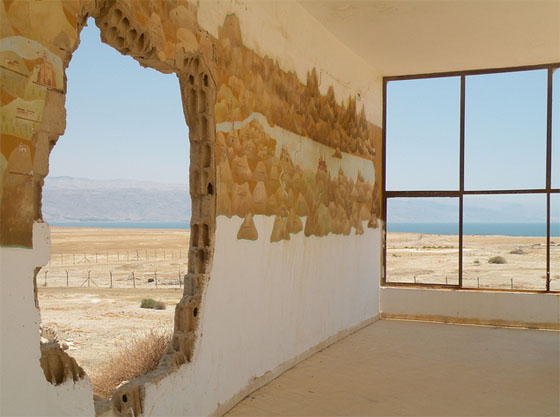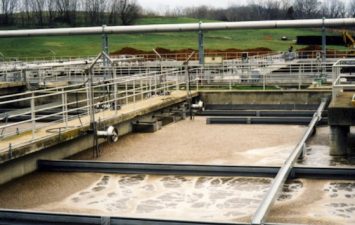 The thirst for water in an arid region means embracing waste water recycling
The thirst for water in an arid region means embracing waste water recycling
Altogether the Gulf Cooperation Council (GCC) countries of Saudi Arabia, Kuwait, Bahrain, Qatar, the United Arab Emirates and the Sultanate of Oman are projected to need to spend US$60 billion on expanding waste water collection and treatment capacity over the next six years, according to international strategy firm Booz & Co speaking to Middle East Utilities.
Saudi Arabia alone is on track to become the third largest water reuse market in the world after the United States and China, says Walid Fayad, partner at Booz & Co.
As income from oil declines and oil becomes increasingly expensive, rather than continue to squeeze water from the sea using energy intensive desalination, all of the GCC countries are likely to look increasingly at treating waste water and recycling it, instead.
“Reused water is expected to play a growing role in curbing supply levels from non-renewable groundwater,” says Nadim Batri, principal at Booz & Co.
This is a technology in which Israel leads the world. Beginning thirty years ago, it now reuses 75% of its waste water, far ahead of the runner up Spain, with 12%. Increasingly arid Australia is in third place with just 9% waste water reuse.
Israel’s water treatment technology is already world class. With a thirty year lead in refining solutions, it has become the world leader in the development of a wide array of high tech waste water purification technologies. It now has a thriving $1.5 billion USD export market for waste water purification technologies ranging from ultraviolet light, bacteria, and even nuclear centrifuges. GE recently invested in Israel’s biggest water innovation incubator Kinrot Ventures.
Treated waste water is already much cheaper than desalinated seawater. Booz & Co estimate that a cubic metre of treated effluent costs $0.66 in Kuwait, while a cubic metre of desalinated water costs an estimated $2.27. The region is currently producing an average of 30 million cubic metres of desalinated water every day.
That is about to change, says Fayad. “Capital expenditure on advanced water reuse is expected to increase the capacity by more than 13 percent per year in the coming five years.” By contrast, it expects that desalination will increase by only 4 percent annually.
Image: Eco Peace
::Booz and Co
::GE
::Kinrot Ventures
More on waste water technologies in the Middle East:
Abu Dhabi’s Costly Desalination Plants Prompt Wastewater Treatment Plans
Arab Company Agrobics Cleans Industrial Wastewater, Inspired By Olive Waste
Emefcy’s An Electrifying Solution for Wastewater Treatment
Israel Reclaims Water Using Nuclear Technology – On CNN



